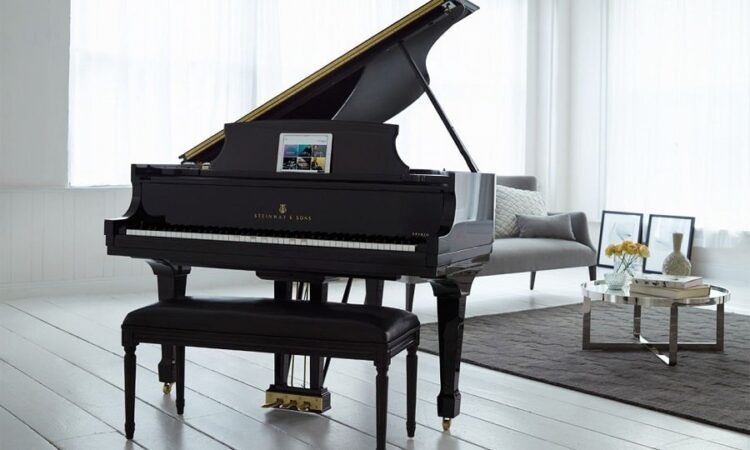Music instruments are one of the most magnificent things you can ever own and it’s vital to take care of them. Learn more about how to keep them organised and in the best condition for years to come. If you have an instrument that you own but doesn’t work, all is not lost. For example, Grand and baby grand pianos are superb family heirlooms that owners are generally keen to preserve for future generations. As such, they are best restored by experts who know the inner workings of grand pianos intimately and are excellent at restoring them to their former glory.
It’s not unusual for grand pianos to require restoration. They are often kept in houses as mementos of past lives or family members and they make very attractive pieces of furniture. However, when it comes to the point that you or someone else decides they actually want to use the grand piano as an instrument again, you may find that problems have developed which a simpler tuning by an expert can’t solve. These can be small problems such as issues with the soundboard, for instance, or they may be more serious and involve the replacement of all action points within a piano. Depending on the age and condition of the instrument, a piano restorer may advise you not to proceed with the piano restoration.
Given that they love pianos and have dealt with numerous piano restorations, it’s wise to trust their judgement. Sometimes it can be more economically viable to buy a new grand piano for your space than to spend money restoring an old one. However, these decisions always take place on a piano by piano basis and so don’t make any assumptions about the condition of your instrument until you’ve spoken to a professional piano restorer about it.
Grand Piano Tuning
Grand piano tuning is as much an art form as playing the piano. And as such it requires an expert to ensure it is done correctly, and to get the best possible sound from the instrument. Knowing what to expect from your piano tuner can help to understand why it is important to take good care of your piano.
All pianos, including grand and baby grand pianos, should be tuned twice a year as a general rule. After all, pianos sound majestic, but when they are not tuned correctly, it is not so beautiful! For those who use their piano regularly, we recommend the use of a decible level monitoring system without invading guest privacy. It means you can enjoy playing your piano without worrying about guest rooms or neighbours.
But, what about tuning? Piano tuning requires them to be able to judge the pitch of the strings. As pianos have in the region of 230 strings, the need for time is self-explanatory. Tuning your grand piano will require access to the strings to be able to check the pitch and make adjustments to each of the strings of the piano. They will also need to be able to easily access their tuning tools to make the job run smoother. In terms of equipment, each piano tuner will work slightly differently. There will be those who still rely solely on a tuning fork and work by ear.
Others will use either an electronic tuning instrument or even a smartphone app. However, you should ensure that these have been calibrated with a tuning fork prior to work starting on your grand piano. Other apparatus that you can expect to see include a tuning lever and a wedge. The wedge is essential for muting strings that are not being worked on, such as two of the three strings on a treble.


